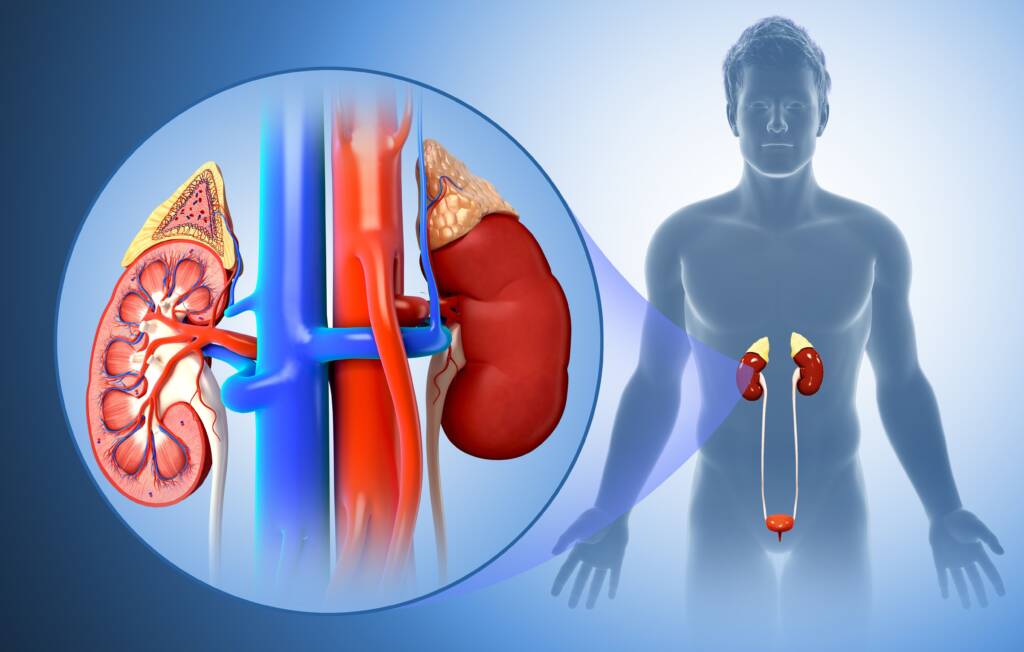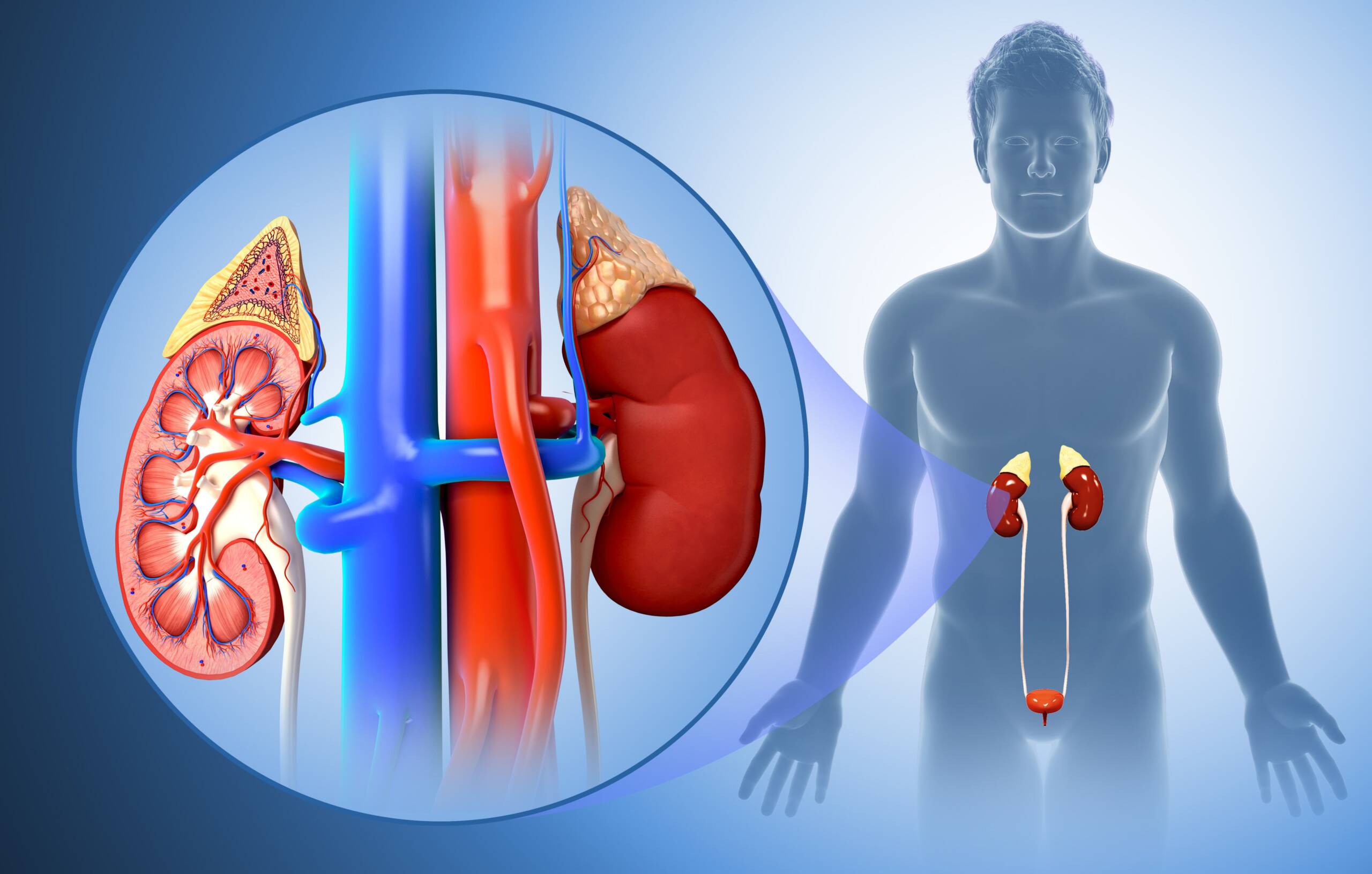The best foods for kidney disease often depend on the specific type and stage of kidney disease.
Moreover, Diet plays the critical role in managing kidney disease and the dietary recommendations can vary depending on the stage and type of kidney disease. However, in general, here are 15 foods that are considered kidney friendly.
As your blood is filtered through your kidneys, uric acid can build up and form urate crystals. Uric acid, the end-product of purine metabolism in humans, is excreted largely by kidneys. In chronic kidney disorders (CKD), plasma uric acid levels rise due to reductions in glomerular filtration rate (GFR).
Kidney disease often requires a diet that is low in sodium, phosphorus, and potassium. For example,

- Cauliflower:
Cauliflower provides many nutrients, including vitamin K, folic acid, and fiber. In addition, it also contains antioxidants and anti-inflammatory compounds, making it a healthy addition to a kidney-friendly diet.
Moreover, Cauliflower is considered kidney-friendly because it is low in potassium and phosphorus. This makes it a suitable vegetable for people with kidney disease, especially those who need to restrict their intake of these minerals.
- Blueberries:
Blueberries are generally considered kidney friendly due to their relatively low potassium content. In addition, they are a delicious and nutritious choice for people with kidney disease.
Additionally, Blueberries are packed with antioxidants known as anthocyanins, which may protect against heart disease, diabetes, and other diseases. They also contain vitamins, and fiber, which can be beneficial for overall health.
- Red grapes:
Red grapes are a good source of antioxidants, such as flavonoids and resveratrol, which may help reduce inflammation and protect against heart disease, diabetes, and other health conditions.
Red grapes are often useful as kidney friendly because they are relatively low in potassium. In addition, they can be a good choice for people with kidney disease, as they provide a sweet and healthy alternative to higher potassium fruits.
- Egg whites:
Egg whites provide a high-quality, kidney friendly source of protein that is low in phosphorus and potassium.
Egg whites may be a better choice than whole eggs for people on a renal diet, as egg yolks can be high in phosphorus.
- Garlic:
Garlic become kidney friendly in the sense of moderation consumption. It adds flavor to dishes without significantly contributing to potassium or phosphorus levels. In fact, it is often useful as a flavorful alternative to high sodium seasoning, making it a valuable ingredient for those with kidney disease, who need to limit the sodium intake.
Moreover, it is a good source of manganese and vitamin B-6. It also contains sulfur compounds with anti-inflammatory properties.
- Buckwheat:
Buckwheat is generally helpful as kidney friendly as it is relatively low in potassium and phosphorus, making it a suitable grain choice for people with kidney disease.
Moreover, it is a good source of high-quality plant-based protein, fiber, and various essential nutrients. It is also gluten free, making it suitable for people with celiac disease or gluten intolerance.
- Olive oil:
Olive oil is generally useful as kidney friendly and a healthy addition to a kidney diet. In addition, olive oil is a healthy source of vitamin E and mostly monounsaturated fats.
It is also phosphorus free, making it a suitable option for people with kidney disease. Additionally, it is low in sodium and potassium, which help to keep heart healthy and can be beneficial for those with kidney issues.
- Cabbages:
Cabbages belong cruciferous vegetable and provide Vitamins, minerals, and antioxidants. Moreover, it is low potassium and low phosphorus vegetable, which makes it suitable for those who need to restrict these minerals in their diet.
Additionally, one study shows green and red cabbage can help manage blood sugar, reduce the risk of kidney and liver damage, and prevent oxidative stress and obesity.
- Skinless chicken:
Skinless chicken is as kidney friendly and a valuable source of high-quality protein for people with kidney disease.
It is low in both potassium and phosphorus, making it a suitable choice for those who need to limit their intake of these minerals. Removing the skin from chicken is important because the skin contains more phosphorus than the meat is itself.
- Bell peppers:
Bell Peppers are high in vitamin A and C and other antioxidants, but low in potassium and phosphorus. Nutrients are important for immune function, which is important for kidney disease.
In addition, they add flavor and color to dishes without causing concerns related to kidney health.
- Onions:
Reducing salt can be challenging, but onions are one way of providing sodium free flavor to renal diet dishes. Sauteing onions with garlic, olive oil and herbs can add flavor to dishes without compromising your kidney health.
Additionally, onions provide vitamin C, manganese, and vitamin B-complex, including folate. They also contain prebiotic fibers that help keep your digestive system healthy by feeding beneficial gut bacteria.
Moreover, they are low in potassium, making them a suitable choice for those who need to limit their potassium intake.
- Macadamia nuts:
If you are following a renal diet, most nuts are high in phosphorus and not suitable. However, macadamia nuts are a delicious option for people with kidney problems. They are low in potassium and phosphorus than peanuts or almonds.
- Radish:
Radishes can add a crunchy texture and a peppery flavor to salads, or they can be eaten as a crunchy snack. They are low in potassium and phosphorus, but contain other important nutrients, such as folate and vitamin A.
- Turnips:
Turnips are root vegetables that provide fiber, vitamin C, vitamin B6, manganese and low in both potassium and phosphorus. They can roast or boil and messed for a healthy side dish that works well for a renal diet. Alternatively, serve raw, grated turnips with salad or add them to a winter stew.
- Pineapple:
Pineapple can become kidney friendly when consumed in moderation. It is low potassium, phosphorus, and sodium fruit, which makes it suitable for people with kidney disease who need to limit these minerals.
Additionally, pineapple is also good source of vitamin A, C fiber. It also contains bromelain, an enzyme that may help reduce inflammation. Moreover, they provide a tropical and sweet flavor to dishes.
It is crucial to consulting a nephrologist to create a personalized meal plan. To know more about Kidney disorders, read my latest book: the magical ways for sparkling lifestyle.


Leave a Comment